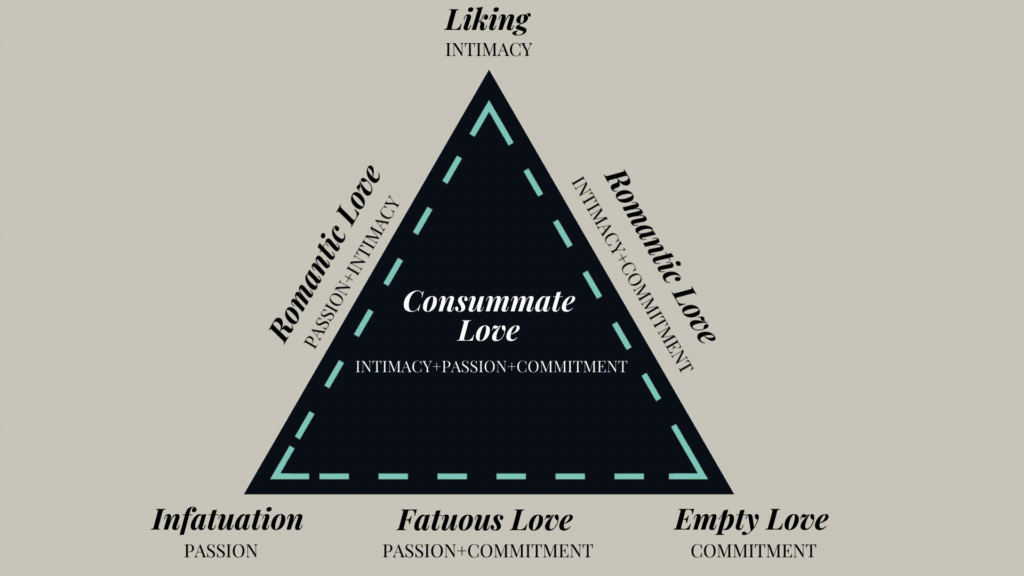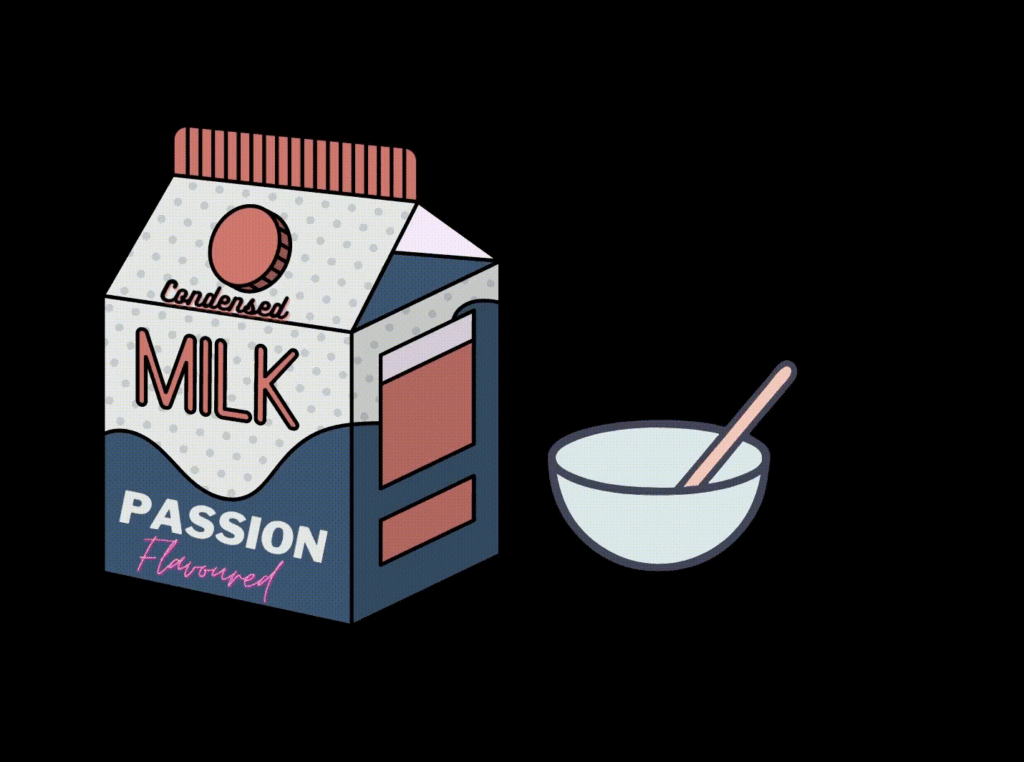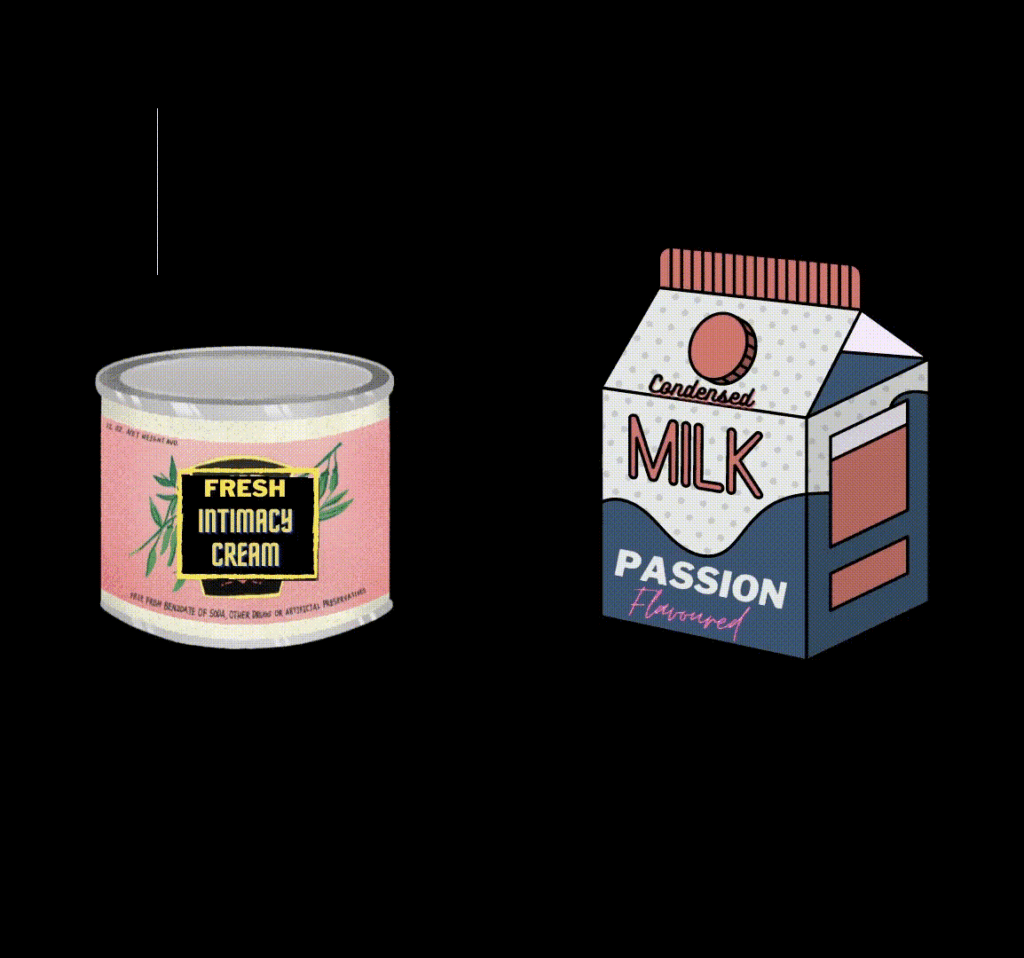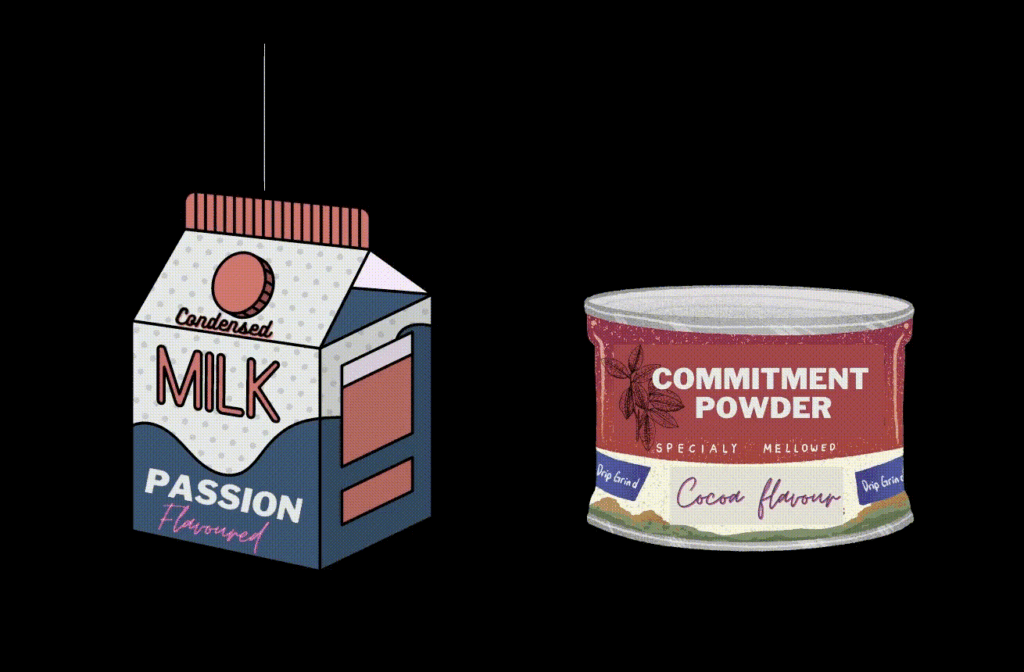One of the fundamental needs of human beings is to love and be loved. For it is love that binds us together and nurtures us. Many times, we consider romantic love to be of more importance, sitting at a higher pedestal. Is romantic love more valuable? Let’s help you decide that for yourselves.
There are many types of love that go unnoticed due to our persistent search for a type of love that fits our definition. According to Robert Sternberg’s Triangular Theory of Love there are 3 components that make 7 types of love that we may experience at different stages of our lives; simultaneously or one leading to another.
In accordance to this theory, the three components of love are:
- Intimacy: feelings of closeness, affection and connectedness that bring warmth to a relationship
- Passion: feelings that drive sexual connectivity, romance and physical closeness
- Commitment: embodies the determination to maintain a relationship
These components express themselves individually as well as interact to form combinations to make up the 7 types of love that this post will cover.

1. Friendship (Intimacy)

An experience of liking in the absence of passion and commitment is the recipe for friendship. This type of love is characteristic of emotional connectedness and is often a love that leads to other kinds of love.
For example: Friends that you occasionally interact with. You love them and they add value to your life. But there is no longing for passionate encounters or commitment. And if there is, then this is your sign to identify what type of love you may be experiencing.
2. Infatuation (Passion)

An experience of lustful physical attraction in the absence of liking or commitment is called infatuation. This may be the kind of love that is often short-lived but can also lead to other types of love.
For example: A crush or a ‘fling’ that was more a result of quick attraction may disappear just as quickly as it was formed.
3. Empty love (Commitment)

Commitment in the absence of passion and intimacy is called empty love. This may be the love experienced in the start of a relationship or a result of deterioration of other types of love.
For example: Arranged marriages often start out as empty love but have the potential to progress towards other types of love. A couple that decides to stay together ‘for the sake of family’ may also be experiencing empty love.
4. Romantic love (Intimacy+Passion)

This type of love is characteristic of emotional closeness and physical intimacy wherein the future may be undecided. Although, commitment stays a possibility in this type of love.
For example: Couples that have been dating for months but have not decided on long-term commitment.
5. Companionate love (Intimacy+Commitment)

An experience of liking along with commitment makes companionate love. Although there is emotional intimacy, this type of love lacks passion which contributes to the sexual aspect in a relationship. This is found in marriages as well as relationships with close friends and other family members.
For example: A couple that is committed to each other and are emotionally connected, but do not sexually desire each other. Many marriages turn into companionate love when passion dies out.
6. Fatuous love (Passion+Commitment)

This type of love involves commitment made on the basis of passion, in the absence of the securing factor that is intimacy and may be a sign of premature commitment that is often momentary.
For example: ‘Love at first sight’ is often a driving force towards making commitments that are based on unsubstantial knowledge about each other and may lead to an end. Although, the mutual decision to work towards achieving a sense of emotional connectedness or intimacy can help this type of love to flourish.
7. Consummate love (Intimacy+Passion+Commitment)

Love that is characteristic of emotional connectedness, sexual intimacy and commitment is considered the perfect recipe for a love that is whole and ideal. This type of love may be achieved but is one that takes endless effort to maintain. If not maintained, it may alter into other types of love that are mentioned above.
For example: A couple that shares consummate love can be termed true life-partners with a real sense of physical and emotional intimacy along with commitment. If one of these factors like sexual desire deteriorates, this love transforms into companionate love.
In our daily lives, we may have several interactions that do not essentially add value to our lives and lack all of the three components of passion, intimacy and commitment. These social exchanges fall under the category of non-love. For example: It is non-love that you experience when the employee at a cafe brings you your coffee. It is a pleasant social experience, but nothing more. (Unless the employee is your lover)
On an endnote: We experience different kinds of love in our lives, all of which are significant. We may also differ in the way we prioritize the three components of love, making all of our experiences unique. So, we hope that the next time you are feeling unloved, you remember to broaden your definition of love to accept what may be going unnoticed.
There was and always will be, love.




